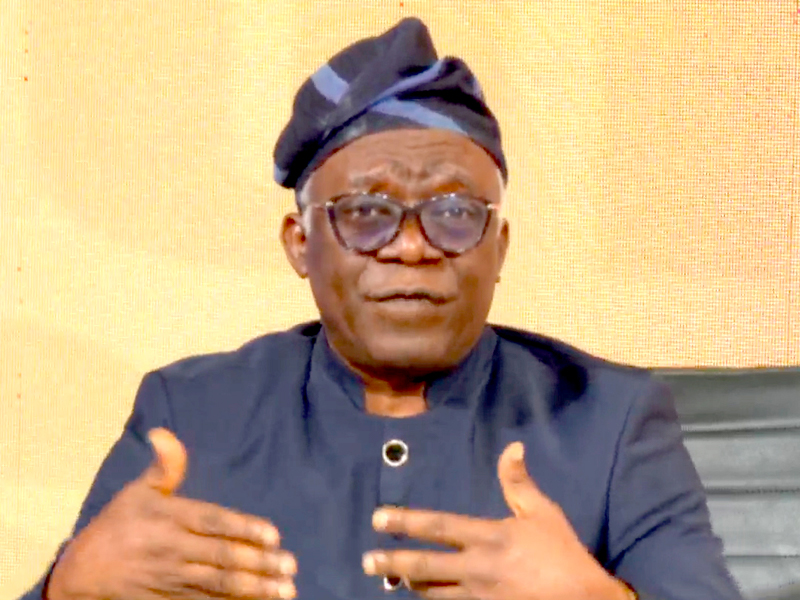Human rights lawyer, Femi Falana (SAN), has said that every Nigerian is now legally entitled to compulsory health insurance under the National Health Insurance Authority (NHIA) Act, 2022.
In a statement on Friday, Falana explained that the NHIA Act repealed the National Health Insurance Scheme Act of 2004, which had failed to achieve significant population coverage or unify Nigeria’s fragmented health insurance framework.
According to him, the 2022 legislation represents a major shift toward universal health coverage, mandating a Basic Minimum Package of Care for all citizens and establishing a Vulnerable Group Fund to subsidise healthcare for the poor, the elderly, children under five, and persons with disabilities.
He noted that state governments are required to set up health insurance schemes or use third-party administrators until such structures are in place. He recalled that on September 3, 2025, President Bola Tinubu directed all Ministries, Departments, and Agencies (MDAs) to enrol their employees in the NHIA scheme.
“To ensure compliance across all MDAs, the directive mandates entities involved in public procurement to present a valid NHIA-issued Health Insurance Certificate,” Falana said, adding that the Secretary to the Government of the Federation has been empowered to enforce enrolment and monitor compliance.
Falana stressed that the NHIA Act also requires all 36 states and the Federal Capital Territory to provide residents with the basic care package in line with the Basic Health Care Provision Fund under the National Health Act, 2014. Where state schemes are unavailable, third-party administrators may be engaged.
He added that the NHIA now regulates and supervises all health insurance schemes in Nigeria, public or private, creating a comprehensive institutional framework for universal coverage.
However, citing the Health Care Providers Association of Nigeria, Falana lamented that more than 90 per cent of Nigerians remain uncovered by health insurance, attributing this to widespread poverty.
Quoting Section 25 of the NHIA Act, he said health insurance for vulnerable groups — including children under five, pregnant women, the aged, and the physically or mentally challenged — must be fully funded by the government. Section 31, he noted, requires employees to contribute on a contributory basis.
“Since the majority of citizens have become indigent and vulnerable, the federal, state, and local governments should provide adequate funding for the health insurance of all citizens,” Falana stated.
He argued that this obligation aligns with Section 17(3)(d) of the Constitution, which requires government to ensure adequate medical and health facilities for all persons, and Article 16 of the African Charter on Human and Peoples’ Rights, which guarantees the highest attainable standard of health.
President Tinubu’s directive to enforce the NHIA Act across MDAs, first reported on September 25, 2025, has been widely welcomed as a step toward strengthening Nigeria’s health system. The order also makes a valid Health Insurance Certificate a condition for public procurement, licensing, and other official approvals, and provides for a digital verification platform to curb forgery and enhance transparency.

